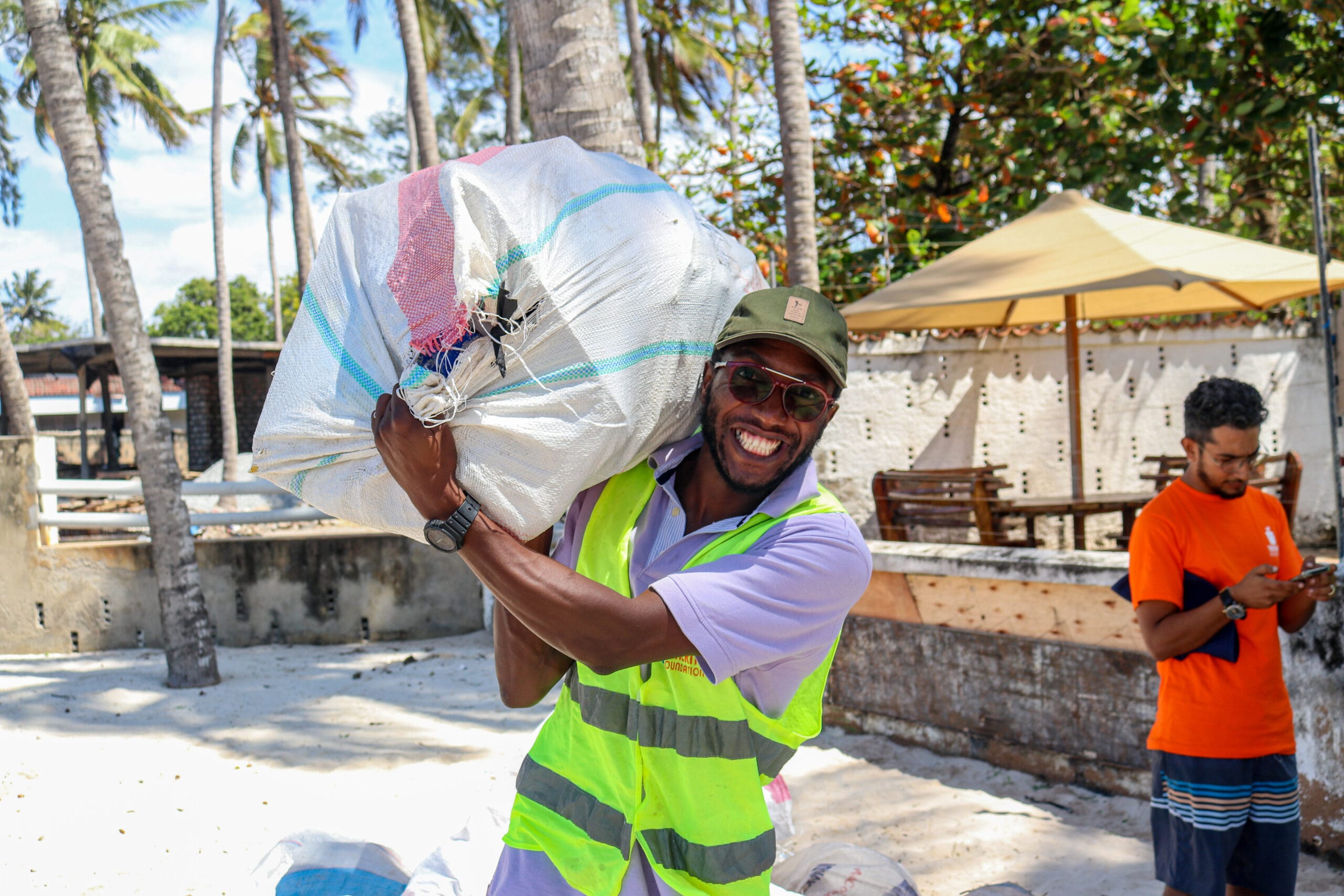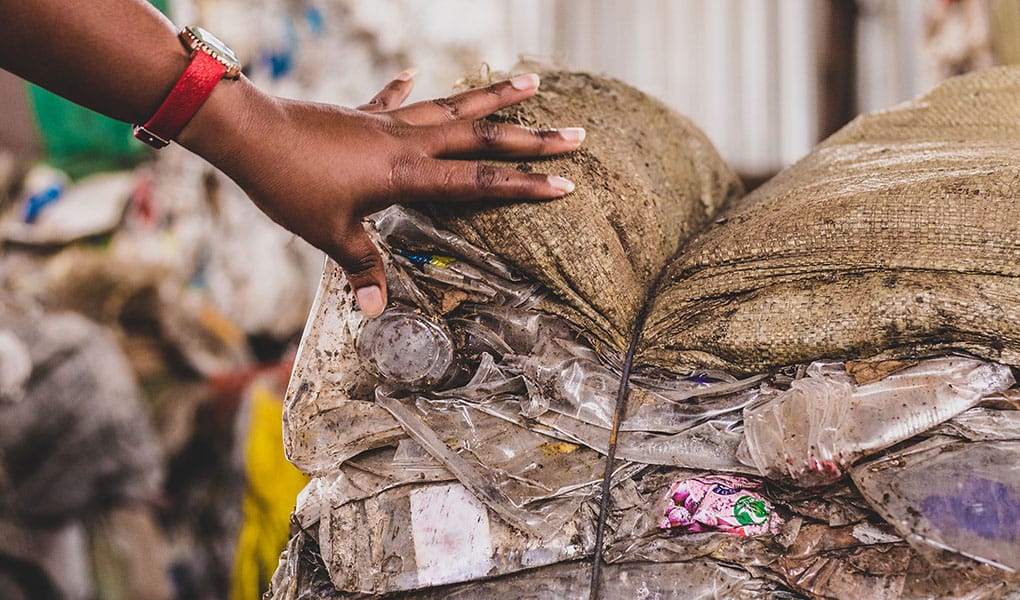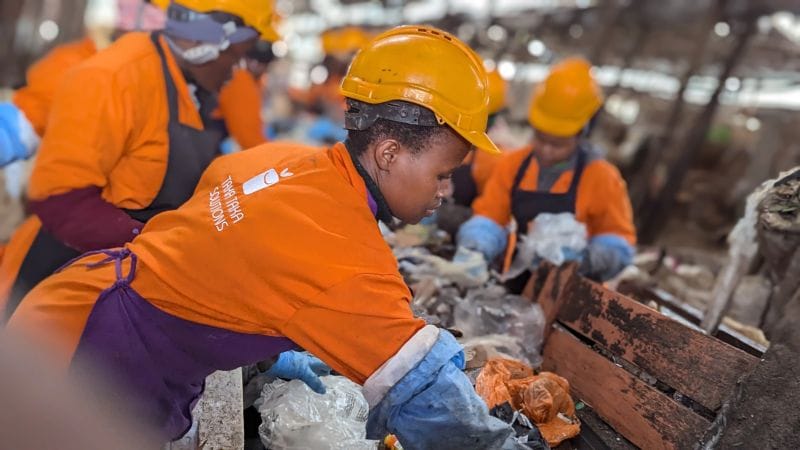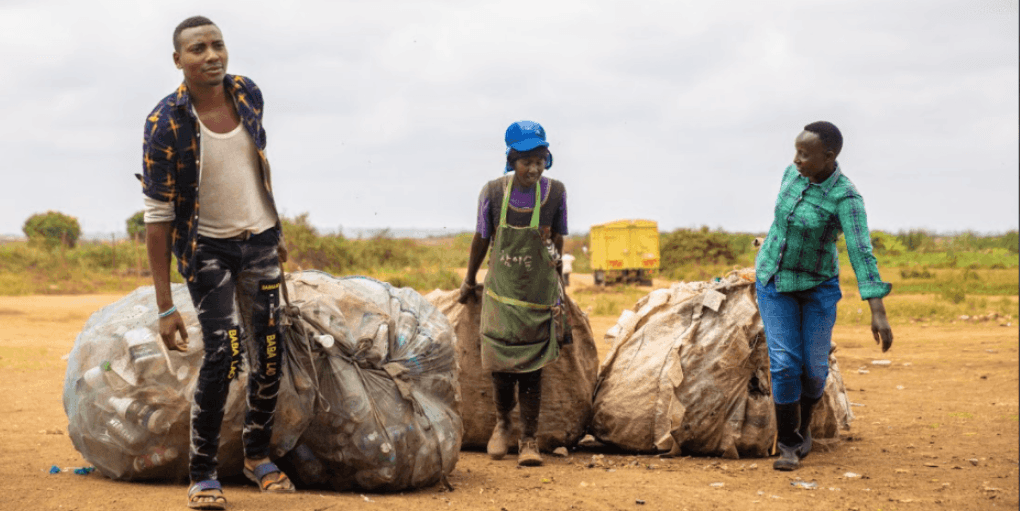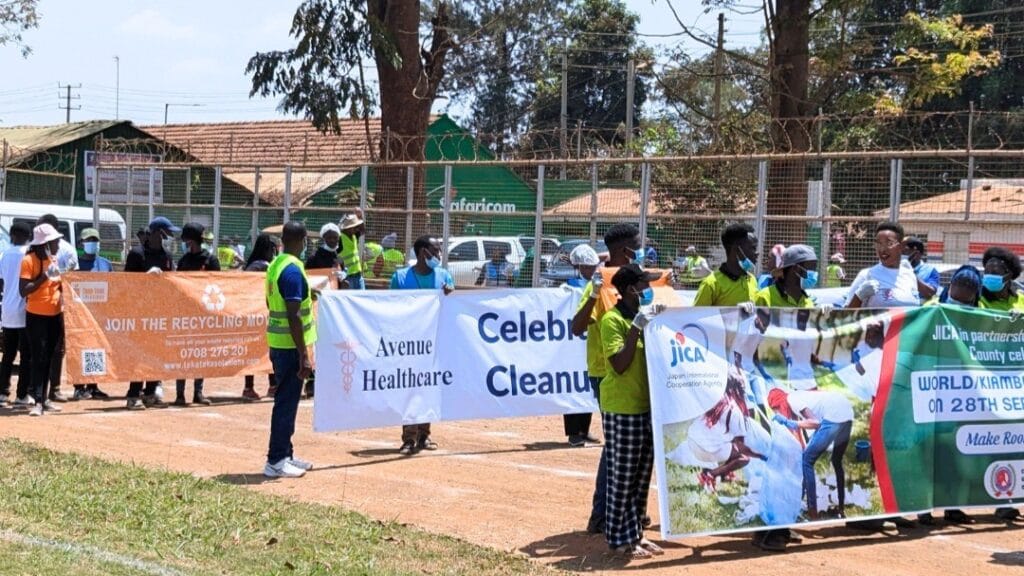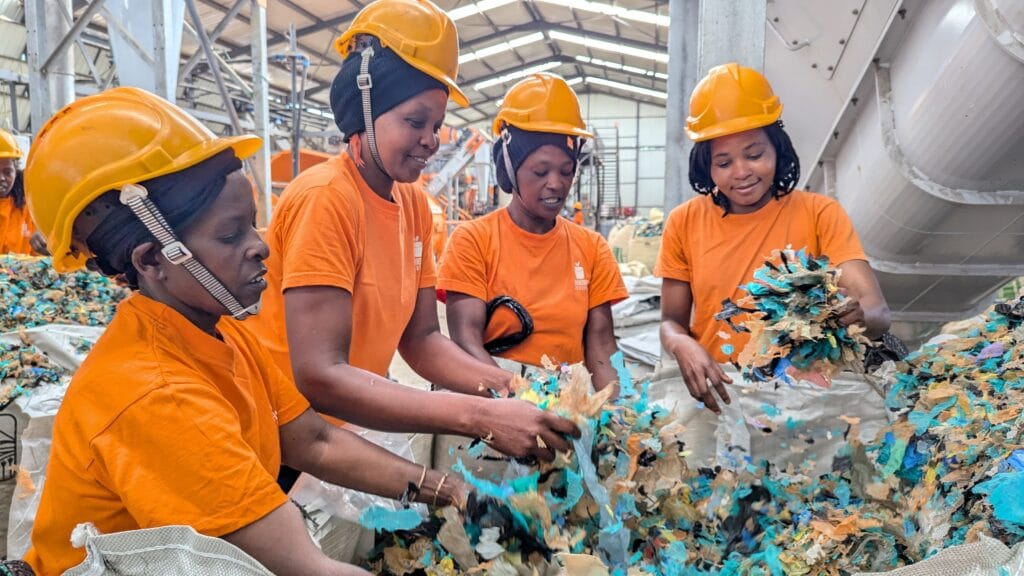World Recycling Day 2025:Recognizing Communities Driving Environmental Change
Recognizing the individuals, communities, and organizations making a difference through recycling initiatives.
Many organizations have taken the bold step to operate sustainably, by ensuring waste is disposed of responsibly. But what does this actually entail? Is it simply keeping waste off your premises, or hiring a waste collection company? While these are good first steps, true environmental responsibility goes much deeper.
Here are the key questions every organization must ask: Where does your waste go after it’s collected? Is your waste being recycled, or is it ending up in already overburdened landfills? Kenya’s largest landfill, Dandora, was declared full in 2001, and in 2021, the Environment and Lands Court ordered its closure. Yet, waste continues to pile up. So, where does your waste go?
What Does Recycling Really Mean?
Recycling is more than just a buzzword—it’s a process that transforms waste into valuable resources. It involves using recovered materials to manufacture new products. But not all waste can be recycled equally. For example, paper waste can be turned into boards or packaging, organic waste can be composted into nutrient-rich soil, and plastics can be recycled into new products or construction materials. However, if your organization’s waste is primarily food waste, it won’t be recycled unless it’s processed into compost or biogas.
How Can You Ensure Your Waste is Truly Recycled?
First, ask the right questions. What is the final product of your waste after collection? Does your waste provider have the capacity to handle your specific waste streams? Second, visit their facilities. Take time to see the equipment and processes they use, and ensure they have the resources to recycle your waste effectively. Third, check for proper licensing. Verify that your recycler is licensed by the National Environment Management Authority (NEMA) and ensure they have the proper transportation and facilities for your waste type. Finally, embrace waste segregation. Legitimate recyclers will ask you to separate waste at the source. Use color-coded bins or liners to sort recyclables, organic waste, and non-recyclables.
Why Waste Segregation Matters
Recycling starts with proper waste segregation. For example, organic waste can’t be composted if it’s mixed with plastics or metals, and recyclables like paper, glass, and plastics must be clean and separated to be processed effectively. By segregating waste, you’re not only making recycling easier but also ensuring that your waste is transformed into valuable resources.
The Role of Extended Producer Responsibility (EPR)
Kenya is taking bold steps toward sustainability with the introduction of the Sustainable Waste Management Bill and Extended Producer Responsibility (EPR). These policies hold producers accountable for the entire lifecycle of their products, from creation to disposal. As an organization, you can align with these policies by partnering with licensed recyclers, ensuring your waste is managed responsibly, and educating your team on sustainable waste practices.
Your Role as a Sustainability Champion
Responsible waste disposal isn’t just about compliance—it’s about taking ownership of your environmental impact. By asking the right questions, visiting recycling facilities, and embracing waste segregation, you’re taking meaningful steps toward sustainability. At Takataka Solutions, we’re committed to helping organizations like yours recycle responsibly. Together, we can turn waste into opportunity and build a cleaner, greener future.
Take action today by auditing your waste management practices, partnering with a licensed recycler, and starting to segregate waste at your premises. Let’s work together to make recycling not just a goal, but a reality.
